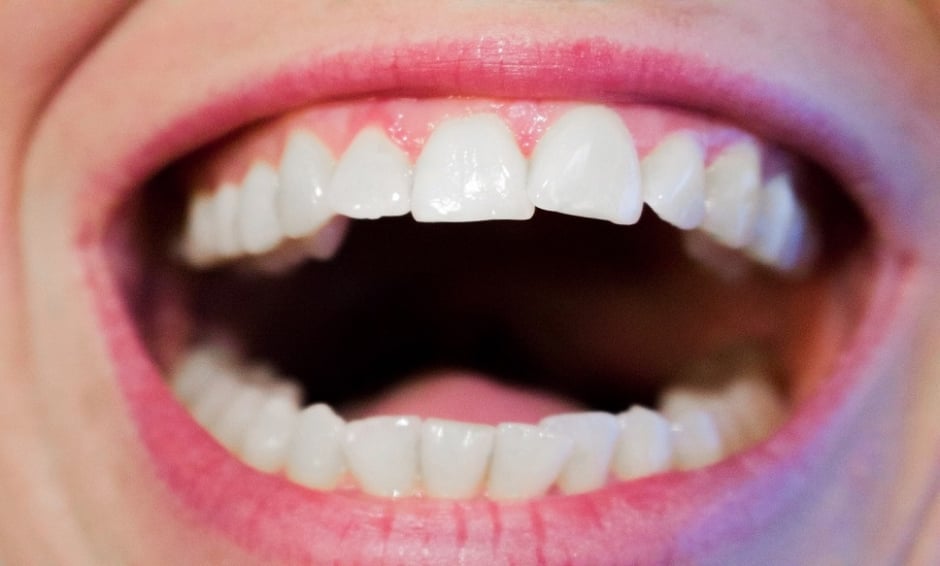Written by Muthuswamy Balasubramanyam,1 Bhagyasri Balasubramanyam2 | 1. Madras Diabetes Research Foundation, Chennai, India. 2. Sri Venkateswara Dental College and Hospital, Chennai, India
![]()
World Oral Health Day (WOHD)1 is celebrated every year on 20th March. The day aims to promote awareness around a healthy mouth and oral hygiene. Each year, WOHD focusses on a specific theme and reaches out to the general public, oral health professionals, and policymakers, all of whom have a role to play in helping reduce the burden of oral disease. This year, the theme for WOHD was ‘Say Aah: Think Mouth, Think Health’. Oral hygiene is described as the practice of keeping one’s mouth clean and free of diseases and other health problems. The oral cavity is often described as a mirror of general health and appears to guarantee and ensure our overall health.
Why the 20th of March?
WOHD was first declared in 2007 and was originally celebrated on 12th September: the birth date of Fédération Dentaire Internationale (FDI) founder Dr Charles Godon.2 However, the campaign was not fully activated until 2013, after which the date was changed to 20th March to avoid conflict with the FDI World Dental Congress, which takes place in September. Why was the 20th of March chosen for WHOD? The date is significant for dental specialists in a few interesting ways.
The new date was chosen to reflect that:
- Seniors must have a total of 20 natural teeth at the end of their life to be considered healthy.
- Children should possess 20 baby teeth.
- Healthy adults must have a total of 32 teeth and 0 dental cavities.
Expressed on a numerical basis, this can be translated as 3/20, hence the selection of the 20th of March.
The WOHD 2018 campaign aims to educate people that keeping a healthy mouth is crucial to maintaining correct oral functioning, as well as overall health and quality of life. It highlights associations between certain oral diseases and noncommunicable diseases, such as diabetes, cardiovascular disease, respiratory disease, and some cancers; raises awareness of common risk factors; and promotes good oral hygiene habits. The association between oral health and systemic health is bidirectional; systemic illnesses, especially metabolic disorders, affect oral health, and it appears that oral health may affect systemic health.
‘Say ahh” is a phrase that is commonly used by dentists and doctors during check-ups. It means people should open their mouths for examination and understand the mouth and body connection because the more informed they are about the impact of oral health on their general health, the more likely they will be to engage in preventive oral care routines. It is now well understood that 90% of the world’s population will experience oral diseases in their lifetime, but many of these can be avoided with increased governmental, health association, and society support and funding for prevention, detection, and treatment programmes.
Diabetic Periodontopathy
Many studies have been published describing the bidirectional relationship exhibited in diabetes and periodontal disease. While the five complications of diabetes are retinopathy, neuropathy, nephropathy, cardiovascular disease, and peripheral vascular disease, aggressive periodontitis is now recognised as the sixth complication related to diabetes.3 In addition to periodontal infection and gingival inflammation, a number of other oral complications have often been reported in patients with diabetes. These include xerostomia, dental caries, Candida infection, burning mouth syndrome, lichen planus, and poor wound healing. This means that, as the diabetic epidemic continues, we will be additionally burdened with diabetic periodontopathy. Based on the observational studies and in agreement with a recent consensus report of the joint European Federation of Periodontology (EFP)/ American Academy of Pediatric Dentistry (AAP) workshop4 on periodontitis and systemic diseases, it is recommended that cardiologists, diabetologists, and family physicians should ask their patients to be screened by dental care professionals for the presence of periodontitis.
A change in society’s outlook and attitude with persistent efforts, continuous education, and active participation of society is needed for realisation of the very fact that one’s own oral health is of paramount importance. Oral health is essential to overall physical, social, and mental wellbeing. By visiting your dental hygienist regularly, practicing good oral hygiene habits, eliminating tobacco use, and avoiding sugary snacks and drinks, you can increase your chances of enjoying good oral and overall health at every phase of your life.
REFERENCES
- World Oral Health Day. 2018 Campaigns. Available at: http://www.worldoralhealthday.org/campaign-year/2018. Last accessed: 26 March 2018.
- World Dental Federation. 2018. Available at: https://www.fdiworlddental.org. Last accessed: 26 March 2018.
- Löe H. Periodontal disease: The sixth complication of diabetes mellitus. Diabetes Care. 1993;16:329-34.
- Chapple ILC, Genco R; Working group 2 of the joint EFP/AAP workshop. Diabetes and periodontal diseases: Consensus report of the Joint EFP/AAP Workshop on Periodontitis and Systemic Diseases. J Periodontol. 2013;84(4 Suppl):S106-12.








